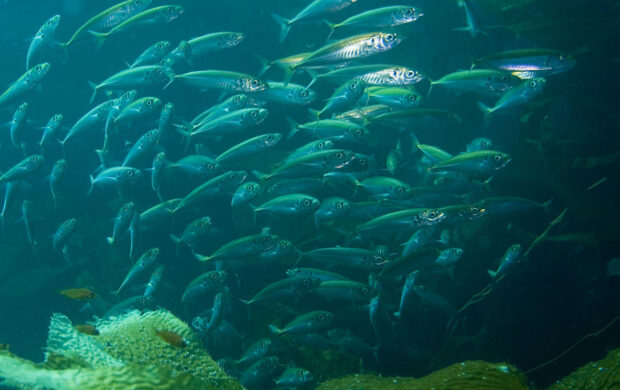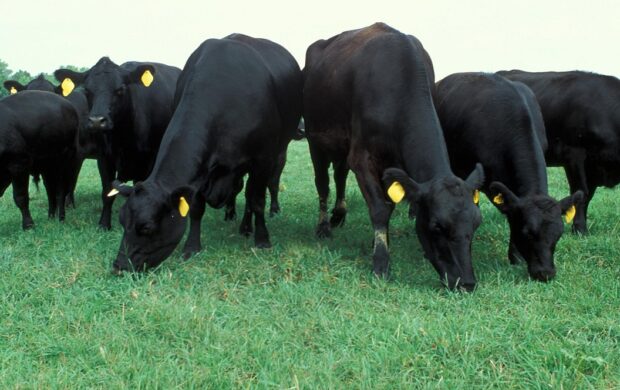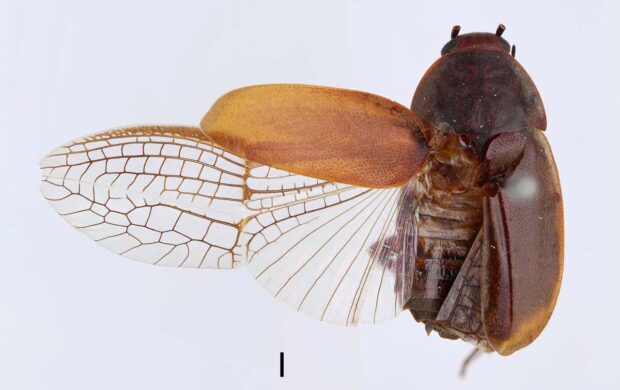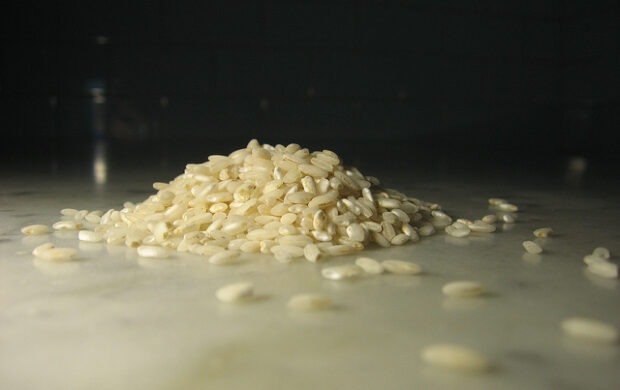A review by the University of Adelaide of 632 studies on biological changes in the oceans, all of which are down to rising anthropogenic CO2 emissions, forecasts a massive reduction in marine life.
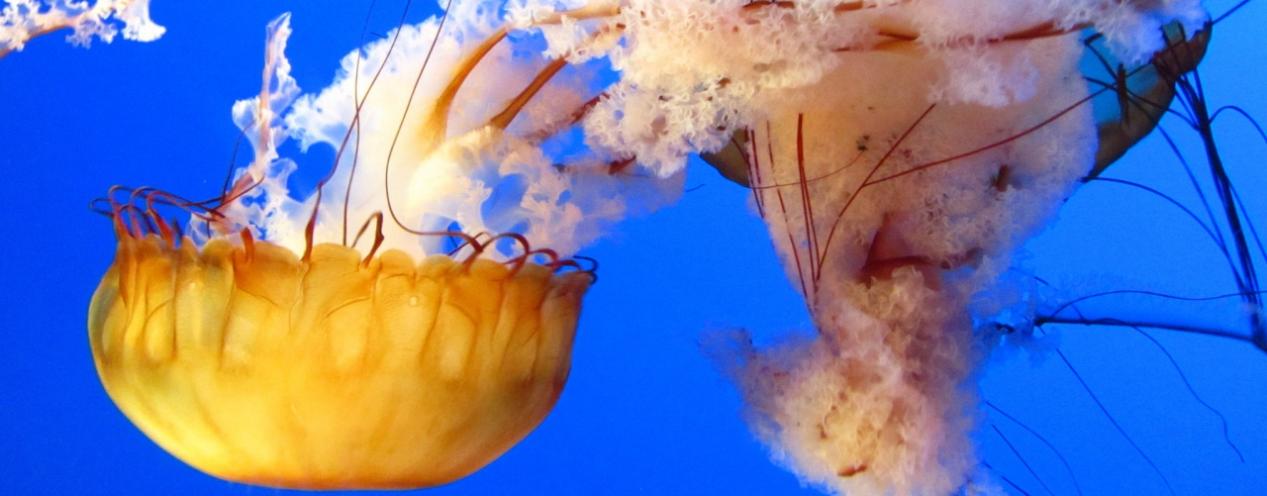
It concludes that very few marine species will avoid the deleterious effects of an increase in CO2, and that there will be a dramatic reduction in species diversity and abundance throughout the world’s oceans.
This much needed overview of data from the numerous studies covered all forms of ocean ecosystem, and every trophic level. Prof Sean Connell, co-author of the report, outlines that “until now, there has been almost total reliance on qualitative reviews and perspectives of potential global change. Where quantitative assessments exist, they typically focus on single stressors, single ecosystems or single species.”
One exception to the trend will be microorganisams, which are more resistant to ocean acidification and are likely to see an increase in number and diversity.
Additionally, ocean acidification from dissolved CO2 will lead to a decline in dimethylsulfide production by plankton. This is a gas released from the oceans which contributes to the formation of clouds, thus maintaining the Earth’s heat balance.
